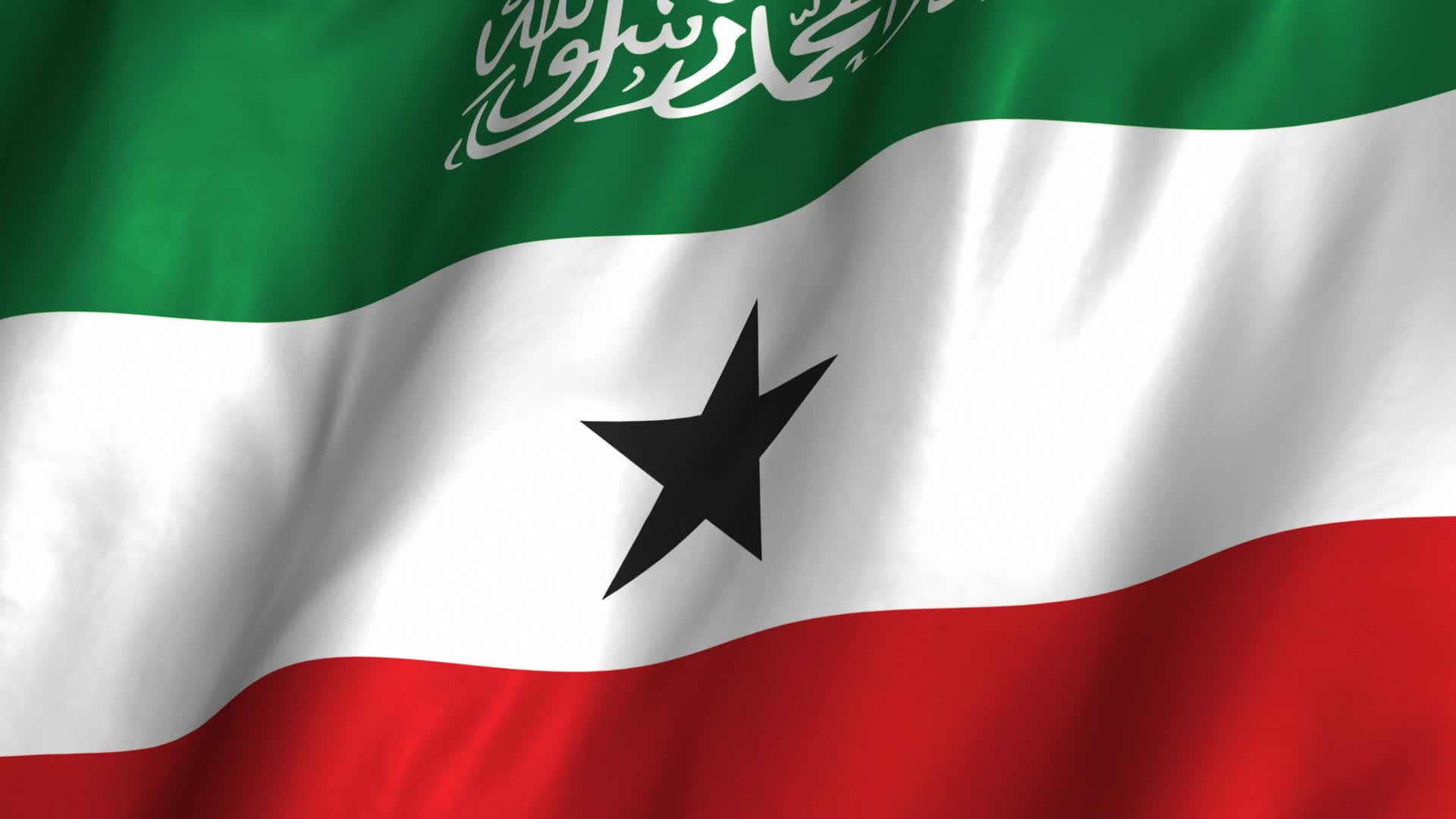Features
Somaliland: A Self-Declared Nation in the Horn of Africa

Nestled in the Horn of Africa, a region synonymous with conflict, lies Somaliland, a territory carving its own path. Declaring independence from Somalia in 1991, Somaliland has built a semblance of stability and a functioning democracy, despite lacking international recognition. This unrecognized state presents a fascinating case study, raising questions about sovereignty, self-determination, and the complexities of African politics.
A Colonial Past and a Fractured Union
Somaliland’s history is intertwined with Somalia’s. Both regions were once under colonial rule, with Somaliland a British protectorate and Somalia colonized by Italy. In 1960, upon gaining independence, the two territories united to form the Somali Republic. However, this union was short-lived and fraught with tension. The authoritarian rule of Siad Barre, coupled with marginalization of Somaliland’s people, the Isaaq clan, fueled dissent.
The late 1980s witnessed a brutal civil war erupt in Somalia. The Somali National Movement (SNM), a rebel group seeking autonomy for Somaliland, emerged. After years of bloody conflict, the SNM successfully ousted Barre’s forces from Somaliland in 1991. It was then that Somaliland declared independence, hoping for international recognition.
A Quest for Recognition in the Face of Hurdles
Despite establishing a functioning government, holding regular elections, and maintaining relative peace, Somaliland’s quest for recognition remains unfulfilled. The international community, wary of setting a precedent for secessionist movements elsewhere, has been hesitant to endorse Somaliland’s independence. Somalia’s federal government also vehemently opposes recognition, insisting on a unified Somalia.
This lack of recognition presents significant challenges for Somaliland. Foreign investment is limited, hindering economic development. International organizations cannot directly provide aid, and the country struggles to be included in global trade channels.
Building Stability in a Volatile Region
Despite these hurdles, Somaliland has achieved remarkable progress. It boasts a peaceful and stable environment compared to the turmoil in Somalia. Somalilanders have a strong sense of national identity and a commitment to democratic institutions. Regular elections, with peaceful transfers of power, are a testament to this commitment.
The government has prioritized rebuilding infrastructure and developing the private sector. The port city of Berbera, strategically located on the Gulf of Aden, has emerged as a vital trade hub. Somaliland has also garnered international praise for its robust anti-piracy efforts, contributing to regional security.
The Road Ahead: Challenges and Opportunities
Somaliland’s future remains uncertain. The continued lack of recognition is a major obstacle. However, recent developments offer a glimmer of hope. Somaliland has engaged in talks with Somalia, aimed at finding a solution acceptable to both sides. Additionally, some African nations, impressed by Somaliland’s stability, have shown openness to engaging with them.
The international community also has a role to play. While the concerns about secessionist movements are valid, continued neglect of Somaliland’s achievements is unhelpful. Exploring alternative forms of engagement, short of full recognition, could be a way forward. This could include increased development assistance and facilitating Somaliland’s participation in international forums on issues like maritime security.
The Human Cost of Unresolved Status
Beyond political considerations, the human cost of Somaliland’s unrecognized status is undeniable. Somalilanders face difficulties accessing international education and healthcare opportunities. Businesses struggle to compete on the global stage. A resolution to Somaliland’s status, whatever form it takes, is essential to unlocking its full potential and improving the lives of its citizens.
Conclusion: A Land of Resilience and Unfulfilled Dreams
Somaliland’s story is one of resilience and determination. It has carved out a space for itself in a troubled region, defying the odds. The question of its future remains unanswered, caught between the desire for self-determination and the complexities of international politics. As the world watches, Somaliland continues to strive for recognition, its unrecognized flag a symbol of hope and unfulfilled dreams.










